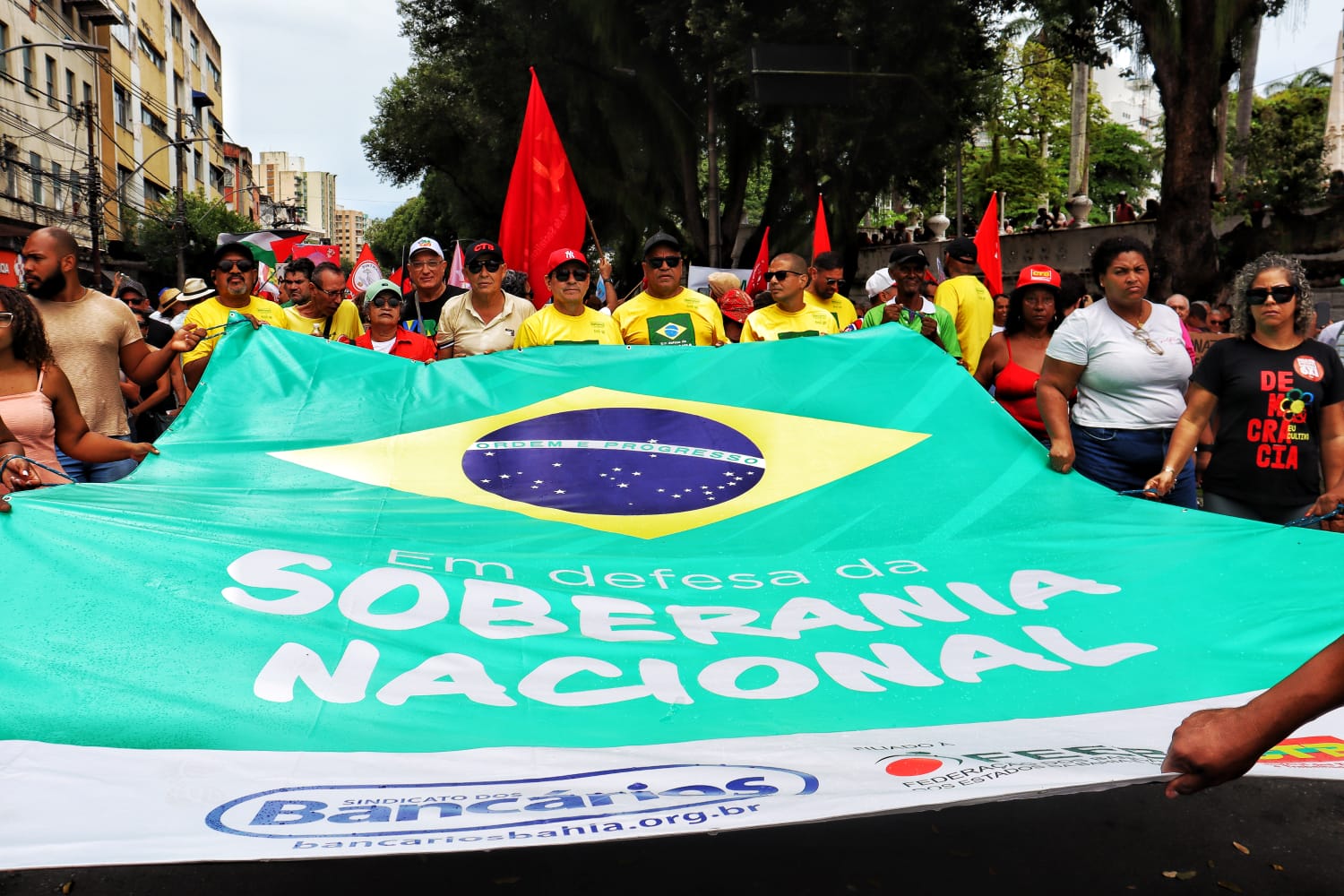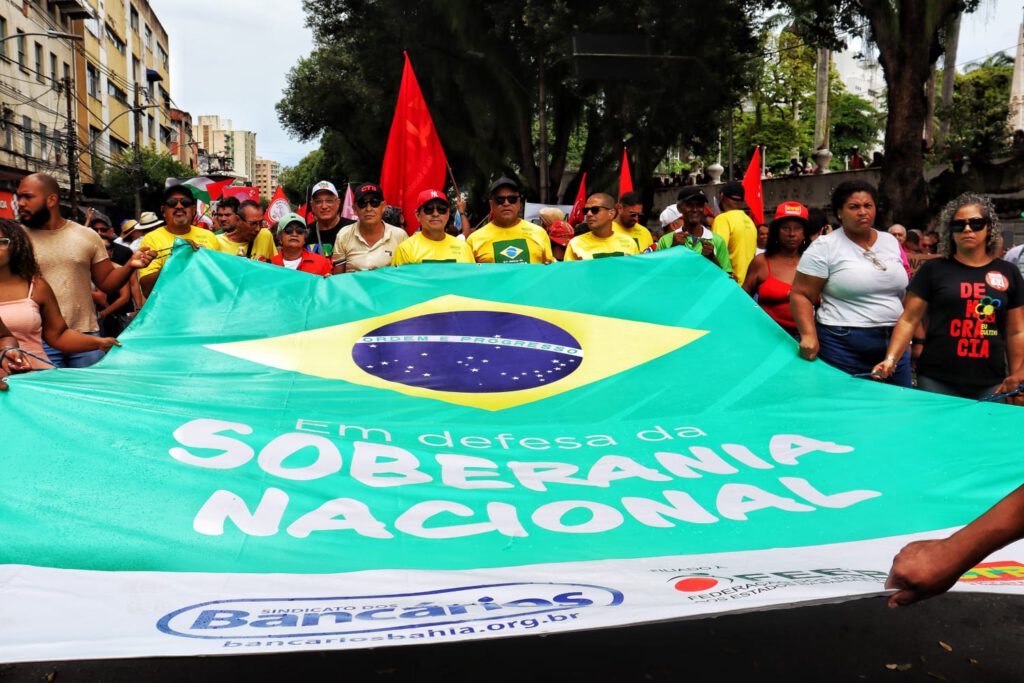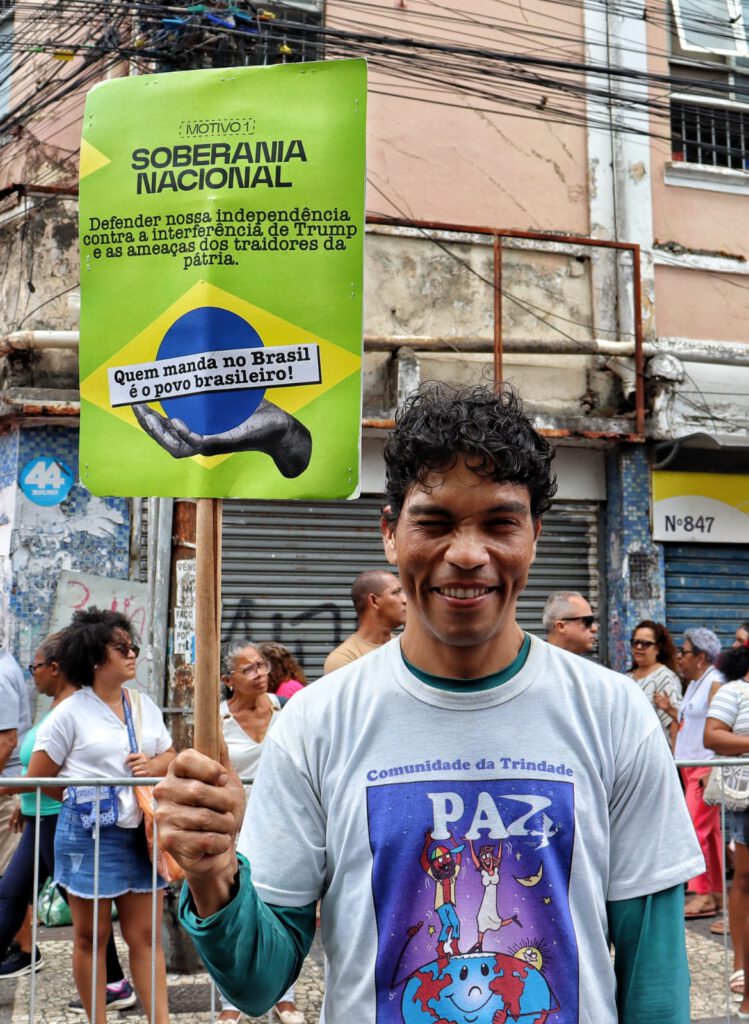At the Generating Hope for Climate Justice conference, promoted by the Vatican to mark the 10th anniversary of the encyclical Laudato Si’, Pope Leo XIV emphasized that “there is no room for indifference or resignation,” and among many warnings, he spoke of the need for “Everyone in society, through non-governmental organizations and advocacy groups, must pressure governments to develop and implement stricter regulations, procedures, and controls. Citizens need to take an active role in political decision-making at the national, regional, and local levels.”
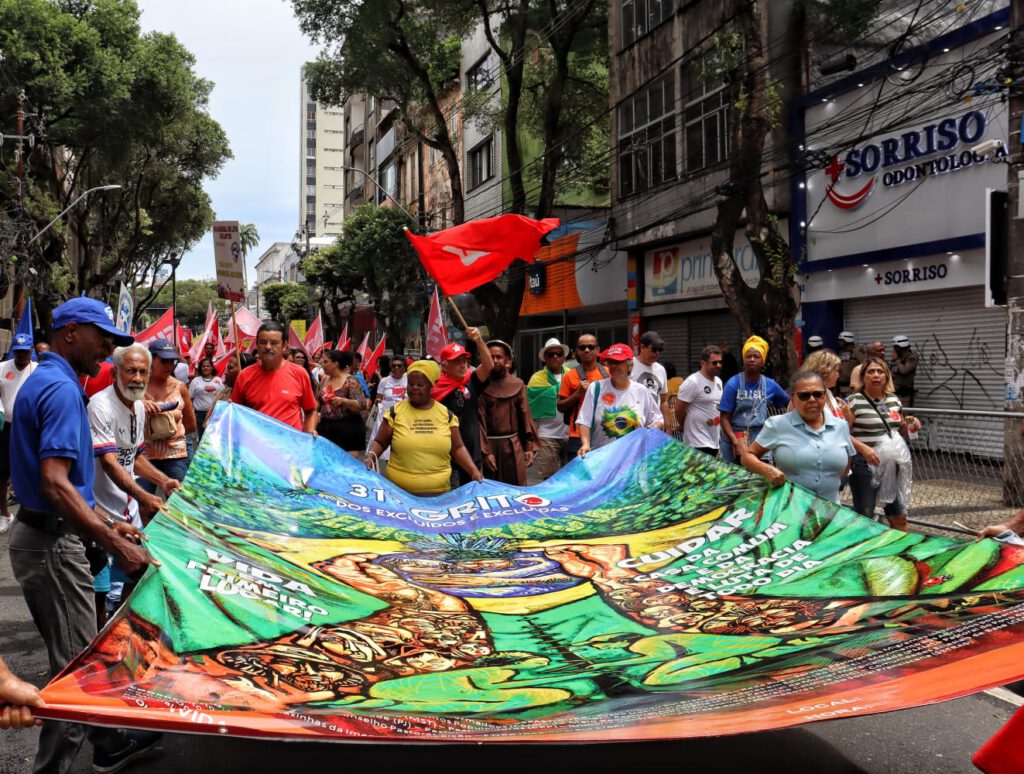
This call from the Pope is directly linked to the reflection made in this year’s Cry of the Excluded, a demonstration that takes place in Brazil every September 7, as we can read in the sharing made by the Italian CLM, Emma Chiolini, below:
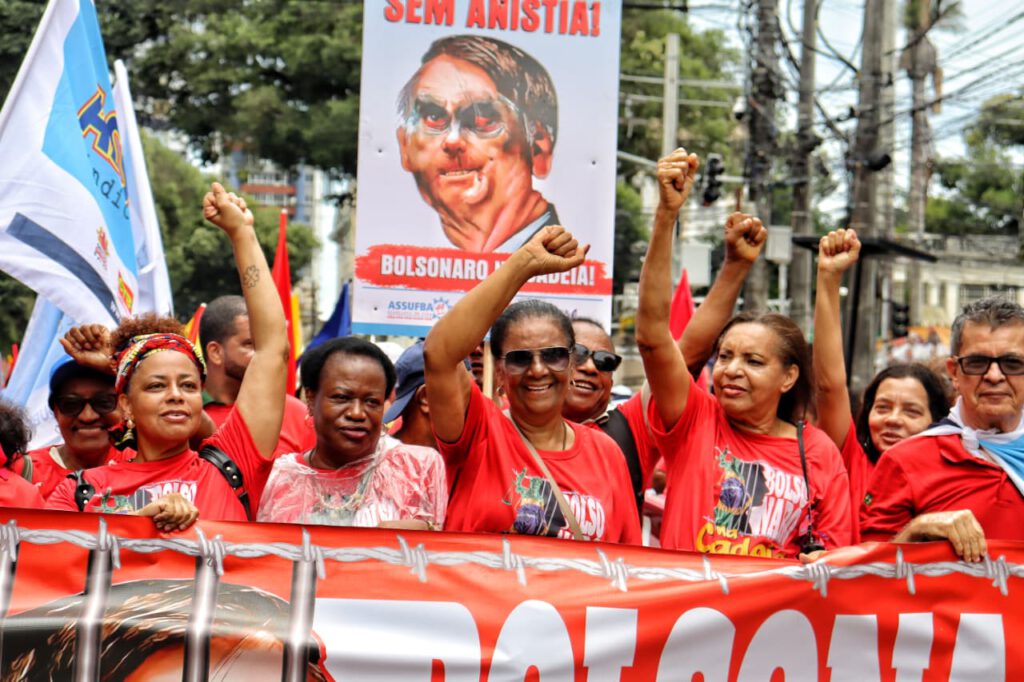
The demonstration has had a profound meaning since its creation in 1995, highlighting existing inequalities in various areas, such as lack of access to health care, education, housing, decent work, and security, which will still not be guaranteed to everyone in 2025. This year’s event also has the motto “Caring for our common home and democracy is a daily struggle!”, reflecting the connection with the climate and social crises and the defense of democracy at a time of internal and external threats. In addition, this year in particular, there was solidarity with the Palestinian people and the genocide they are suffering in an unprecedented, politically, socially, and humanly unjust war. More than a protest, the Cry of the Excluded represents popular resistance, articulating the defense of human rights, national sovereignty, and democracy. The demonstration is, therefore, a call for solidarity and citizen participation, reaffirming that the struggle for social justice must be constant so that Brazil and the world can move toward a more just, democratic, and sustainable society.
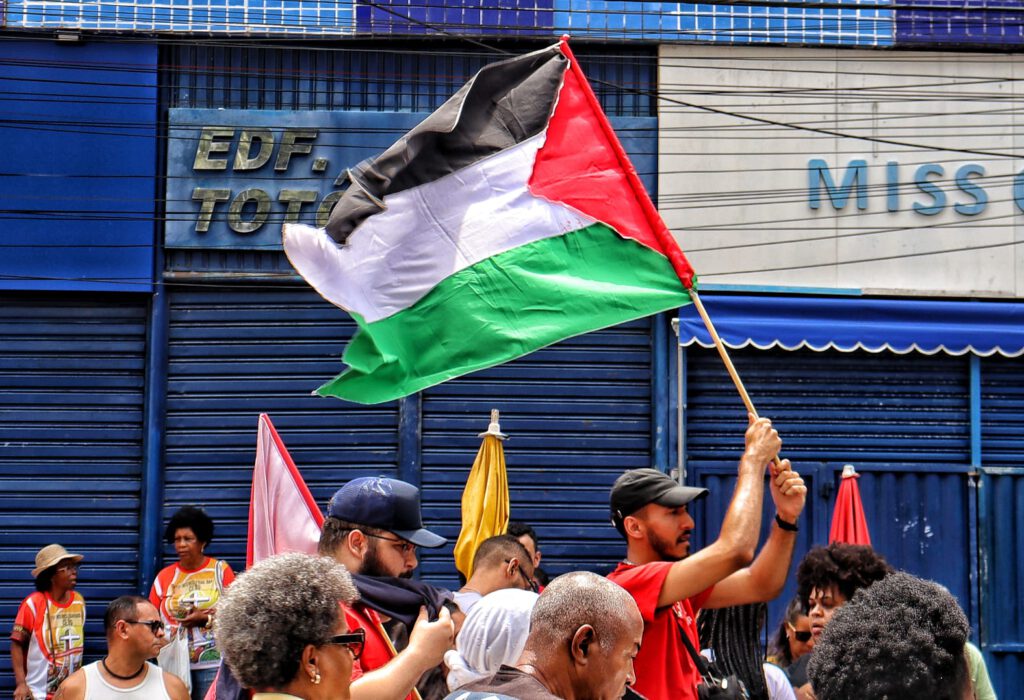
In 2025, the movement strengthens these demands by promoting a Popular Plebiscite, whose objective is to include the population in decisions on issues such as the reduction of working hours, the end of the 6×1 shift, and the taxation of the super-rich. Everyone’s participation is important; it is democracy, it is equality, it is recognition. We cannot remain indifferent to the suffering of those who are crushed daily by this society. We cannot remain indifferent to inequality. We cannot remain indifferent to the suffering of oppressed peoples and the arrogance of the strongest. Therefore, the cry of the Excluded must not be silenced, nor must the denunciation of those who wish to silence it be silenced. I believe in a path that is built together, that starts from below, from the people, from a critical consciousness that allows us to see that the struggle must be constant and continuous. Bertolt Brecht said that when injustice becomes law, resistance becomes a duty. In a globalized world, we can no longer say that we do not know. Pepe Mujica left us a quote that serves as an example for our daily lives: “Politics is a struggle for the happiness of all.” In a world where humanity seems to be disappearing, let us make a difference again: let us be human again!
Emma Chiolini, Salvador, Brazil




